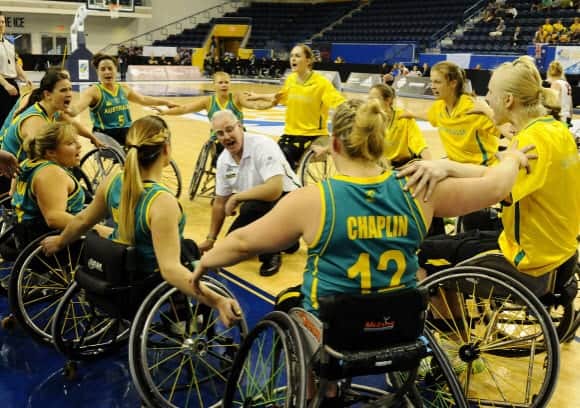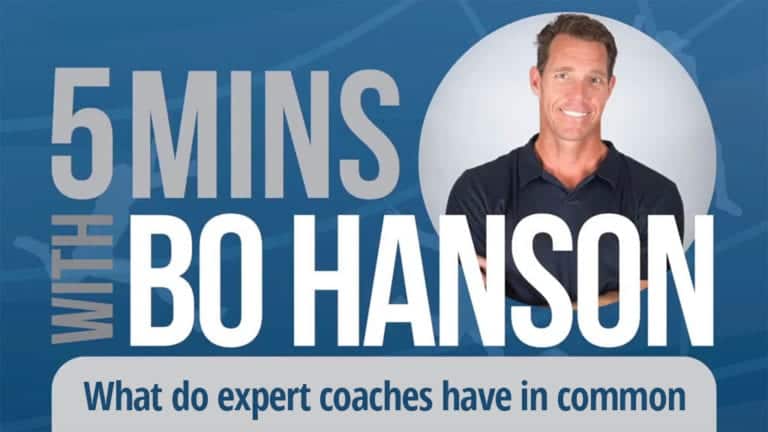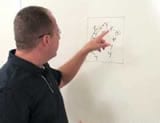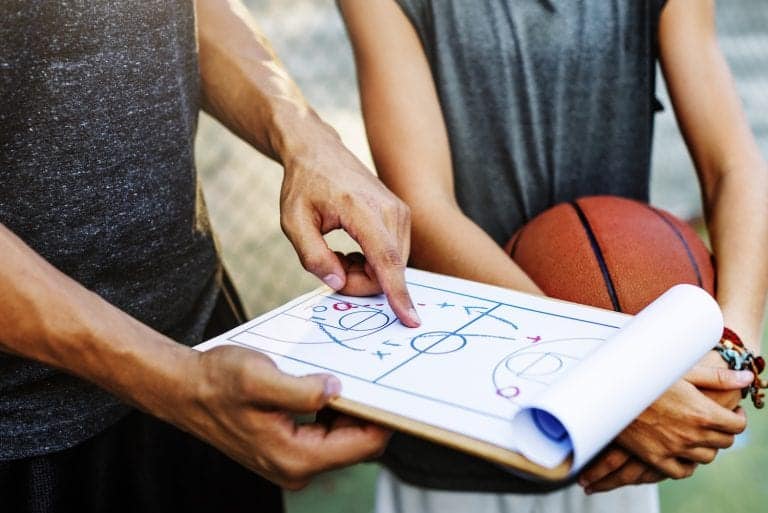Report reveals the efficacy of Women Coaches Academies as it launches Academy 2.0 for returning graduates at the NCAA Women Coaches Academy, November 29- December 2, 2017 in Denver, Colorado.
 The first cohort of ten women Coaches, graduates of the NCAA Women Coaches Academies, are set to submerge themselves in Academy 2.0, a specialist extension program for graduates run for the first-time at the upcoming 43rd Women Coaches Academy in Denver, Colorado this December.
The first cohort of ten women Coaches, graduates of the NCAA Women Coaches Academies, are set to submerge themselves in Academy 2.0, a specialist extension program for graduates run for the first-time at the upcoming 43rd Women Coaches Academy in Denver, Colorado this December.
Only ten Coaches were chosen for the hands-on, in-depth classes. In accordance with the Women Coaches Academy goal to educate, each Coach must host a clinic within their community in the 2018 year after returning from Academy 2.0.
The Alliance of Women Coaches which hosts the Women Coaches Academy has been supporting women Coaches for more than a decade. The not-for-profit organization funded by the NCAA provides education, resources, support and inspiration to women Coaches across all levels of sport.
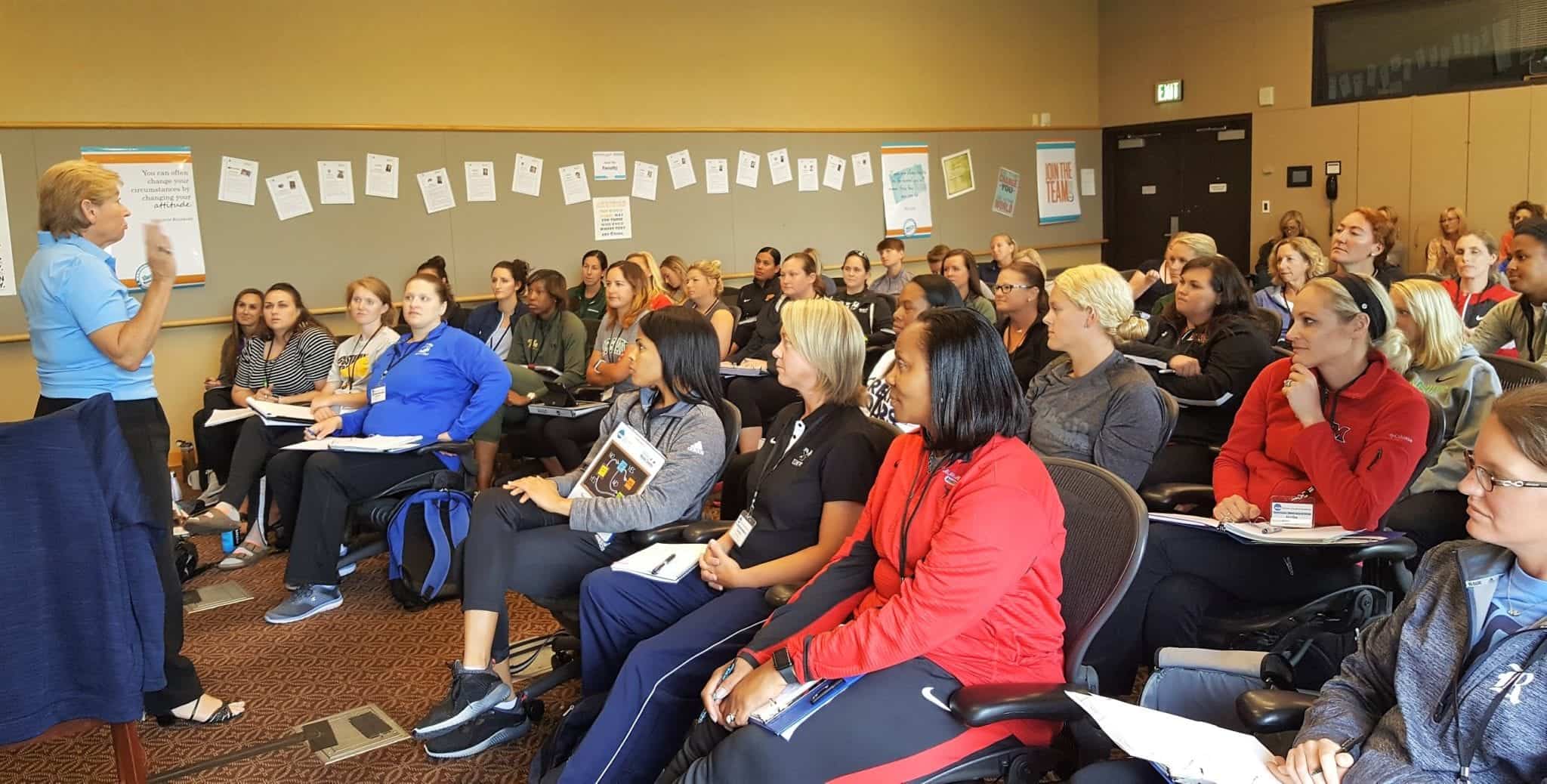
Executive Director of the Alliance, Megan Kahn says, “The NCAA Women Coaches Academy (WCA) is the premier program offering education, resources and the support that female coaches need to stay and advance in the coaching profession. Naturally, creating the Academy 2.0 has been a focus and priority as we develop additional programs and platforms to support coaches. The Women Coaches Academy was first started in 2003 and to date boasts more than 1600 Coach graduates. The feedback we continually receive is that this program is ‘life-changing’ and powerfully transformative on so many levels. Our hope is for Academy 2.0 to provide a similar edifying personal and professional development opportunity.”
Also instrumental in the program’s development is Dr. Nicole LaVoi, Co-Director of the Tucker Center for Research on Girls and Women in Sports. The research center is inside the University of Minnesota, of the new program Dr LaVoi says, “Academy 2.0 is another way the Alliance of Women Coaches will serve women Coaches and help them develop and stay in the profession. This master-class approach will be unique, interactive, and collaborative. We’ve designed the curriculum to help Coaches develop skills related to their profession but not usually taught in coaching education or professional associational meetings. I’m honored and excited to be a part of it!”
Adding to the breadth of experience, Athlete Assessments’ Client Director Liz Masen, has been involved with the pivotal organization since 2009, presenting three times a year at every Women Coaches Academy since 2010, making her the longest standing facilitator at the program.
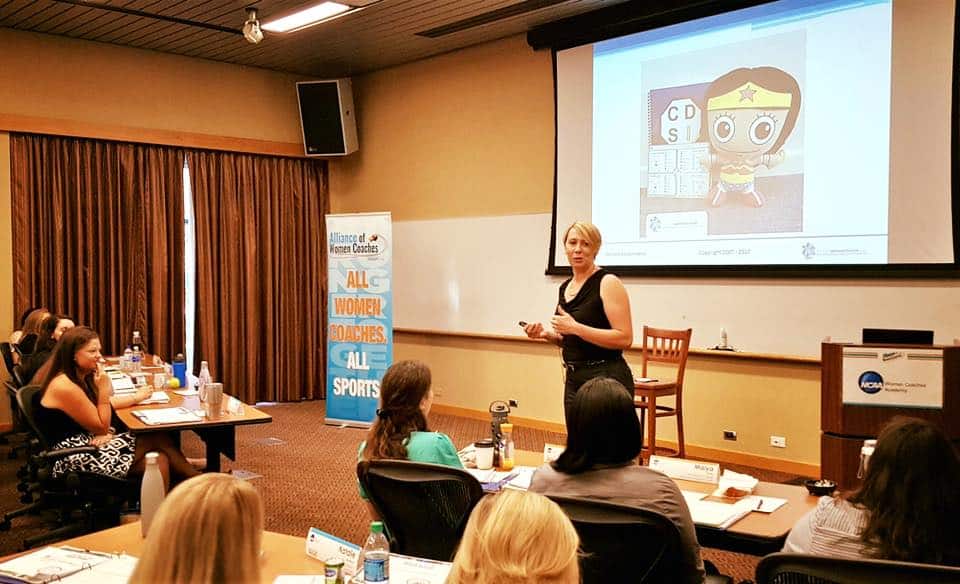
Of Academy 2.0 she says, “we’ve put an enormous amount of time and effort into the development of the curriculum as we were very conscious that we wanted this program to be a step-up from the entry-level Women Coaches Academy program. We wanted it to be exactly the kind of learning Coaches need and want, delivered in a master-class environment”.
“My experience of the very best Coaches is that they are always open to learning, even when they have decades of experience and Championships under their belt. They approach opportunities such as this to learn and contribute and be open for unexpected learning. One of our key goals is to create an environment for the learning and development for these experienced Coaches, to not only learn from the faculty, but importantly from each other”.
The program and learning environment is dynamic, Hanson explains that faculty are always building on the program, she says, “a few years ago we incorporated ‘Inquiry Pair Partners’. This initiative sees Coaches paired up for reflection on each session and gives them the opportunity to support each other as they take their learning back from the Academy to their team programs. The pairing also provides accountability for each Coach, giving them the opportunity to share their learning and successes with their partner. We’ve found ‘Inquiry Pair Partners’ to be an important and valuable addition to the program”.
Running concurrently with the Women Coaches Academy’s 43rd conference, Academy 2.0 shares speakers, exhibitors and workshops. Participants will come together to hear keynote speaker Carol Hutchins, Head Softball Coach at the University of Michigan. This year’s line-up includes seminars on coaching character, leadership and high-performance, managing conflict and a session on values delivered by Hanson.
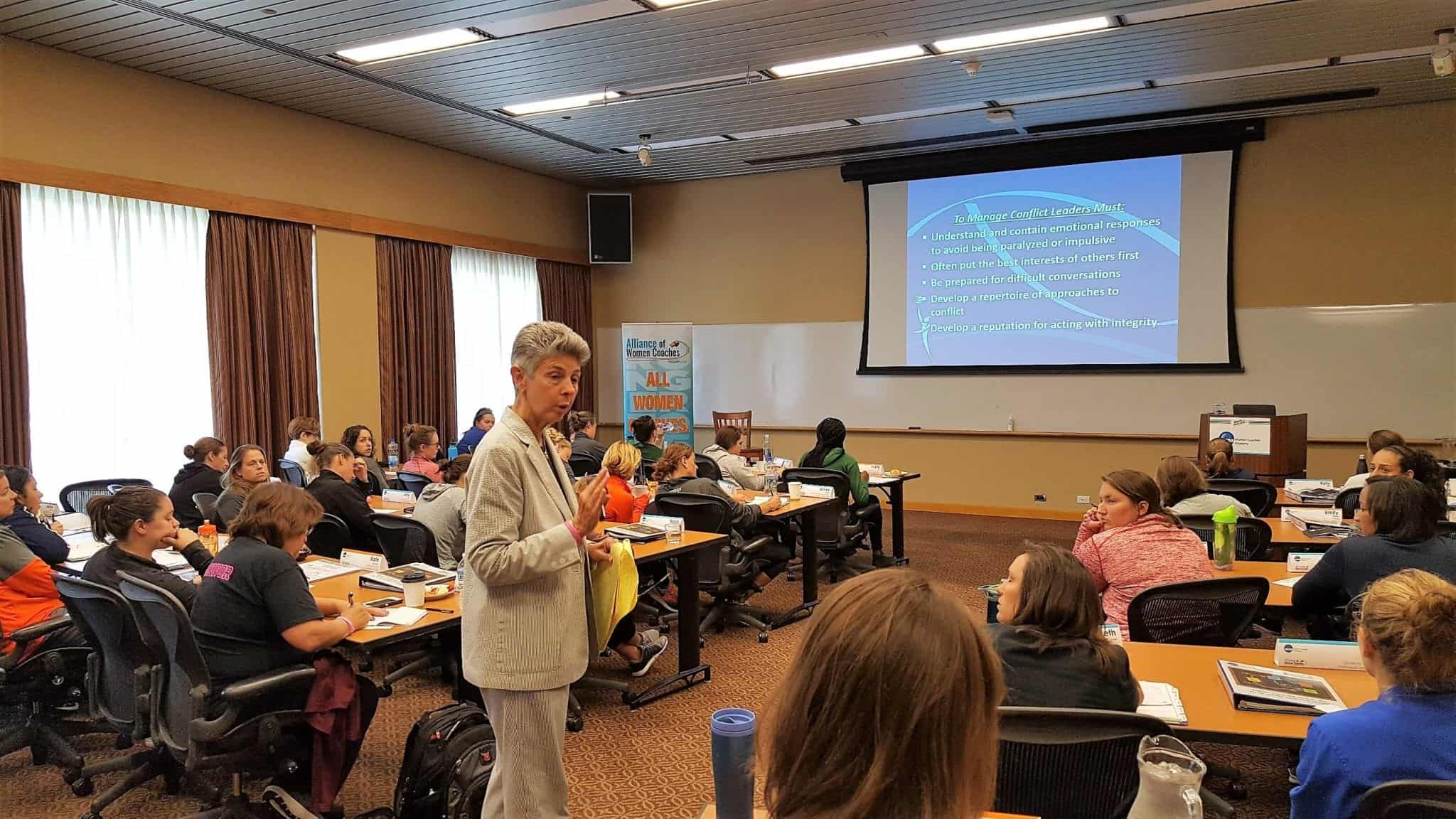
She says, “presenting at and attending the Academy is the highlight of my professional life, I find it inspiring to work with such a dedicated group of women who go beyond in everything they do for their teams. I learn as much as I contribute and I have the opportunity to stay close to the issues that Coaches are dealing with on a daily basis.
Of the networks Coaches build at the Academy she say, “many women Coaches can feel isolated especially if they are from institutions where they have few women colleagues, but the Academy shift provides them with the exceptional opportunity to build strong professional relationships, friends and mentors. The network that’s built at each Academy is life-changing and life-lasting”.
A report released on November 20, 2017, from the Tucker Center for Research on Girls & Women in Sports tracks the career trajectories for graduates of the Women Coaches Academy.
LaVoi, Co-Director of the Center says, “the study examined the Coaches who attended the nine NCAA Women Coaches Academies from December 2014 through June 2017. The data provides one perspective on how the Academy is effective, important and needed in the lives of women Coaches.
On the specifics of the findings, she says, “the study showed that graduates are advancing in the profession, with 9% of the Coaches “moving up” and achieving higher positions in a very short time.
“Perhaps most importantly, the report illustrates that Coaches who attend the NCAA Women Coaches Academy are staying in the game at a very high percentage (95.7%).
In summary, Megan Kahn, of the Alliance said, “we are very pleased with this first set of data highlighting the impact of the Academy in the development of women Coaches. Feedback continually tells us the Academy is transformational. Now we have actual data we can build upon in advancing our initiatives to educate and support females in the profession.”
Where to from here?
If you’ve enjoyed this article and would like to read more on coach development, you might be interested to read these articles:
How well the ‘people side’ of sport is handled directly impacts whether the team wins or loses, whether people are loyal to the program or leave, and overall how much people enjoy their sport. Develop the vital ‘people skills’ in your Coaches that will differentiate them in the competitive employment market that is elite sport. Athlete Assessments can help you specifically in this area. Please contact us to find out how we can assist you in transforming your coach development with focus on the skill development that truly has impact.
Find out more about…
At Athlete Assessments we’re here to provide you with excellence in service and to help you be your best. If there is anything we can do to be of service, don’t hesitate to contact us.
Suggested Articles
A Coach’s role is always evolving. Something Tom Kyle, Coach Development Manager for Basketball Queensland understands and loves about his job.
His role with Basketball Queensland means he’s responsible for developing some 2,000 Coaches at a club, association and school level throughout Queensland, Australia.
Watch Bo Hanson discuss what expert coaches have in common and what is the key factor in what makes these top coaches so great. Recorded during an ABC TV Interview, find out why adapting your behavior to suit the needs of your athletes is vital to improving sports performance. Don’t miss these important insights.
By Bo Hanson - 4x Olympian, Coaching Consultant & Director of Athlete AssessmentsThe 2008 Beijing Olympic Study, undertaken by the Canadian Olympic Team, shed light on the factors leading to either personal best performances or Olympic…
Ever spent time wondering how expert coaches operate? In this article we take a quick look at what the 'experts' do that makes them experts. This research was derived from how experts conduct themselves across a wide domain of industries and areas of endeavor. Expertise is universal and we apply this to coaching sport.


